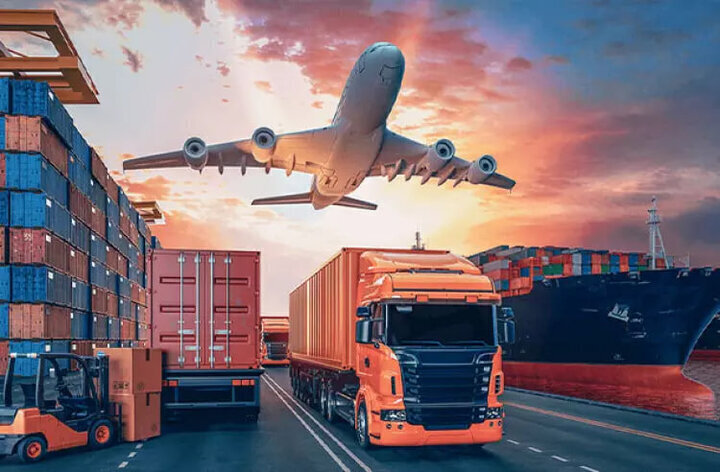Iran’s trade with OIC member states rises 15%

TEHRAN - The value of the trade exchanges between Iran and the other 56 members of the Organization of Islamic Conference (OIC) reached $26.7 billion in the first five months of the current Iranian calendar year (March 20-August 21), registering a 15 percent increase compared to the same period a year earlier.
According to the head of the Islamic Republic of Iran Customs Administration (IRICA), the volume of the trade exchanges between Iran and OIC member states in the mentioned five months reached 42.3 million tons, also 10 percent more compared to the previous year's same time span.
Iran exported 33.6 million tons of non-oil goods worth $13.5 billion to OIC member countries and imported 8.7 million tons of commodities valued at $13.2 billion from them in the first five months of the current Iranian year, Mohammad Rezvanifar said.
The deputy economy minister added that the country’s exports to OIC members registered 16 percent and 8.0 percent increase in value and weight respectively in the mentioned period, while the import of products from the mentioned countries also increased by 18 percent and 15 percent in terms of weight and value.
Among the OIC member states, the United Arab Emirates (UAE), Turkey, Iraq, Pakistan, and Oman were Iran’s major trade partners, the IRICA head noted.
Back in May 2023, the former head of the Iran Chamber of Commerce, Industries, Mines, and Agriculture (ICCIMA) stressed the need for establishing a joint Islamic market among OIC members over the next 10 years.
Addressing a gathering of the heads of OIC member chambers of commerce on the sidelines of the "Russia - Islamic World: Kazan Forum 2023" in Russia, Gholam-Hossein Shafeie said: “An important issue that has been discussed a lot in the past and the organization should pay attention to it in the current situation is the creation of a common Islamic market in the next 10 years, which can be achieved by concluding a free trade agreement among Islamic countries and removing tariff and non-tariff barriers.”
“Experts have worked on the Islamic market plan, and using the experiences and studies of these experts can definitely be a way forward,” he added.
The Organization of Islamic Cooperation, which was formed in 1972, today has reached a position where, according to statistics, the future of the world's energy would be in the hands of the Organization of Islamic Cooperation, Shafeie said in his speech.
EF/MA
